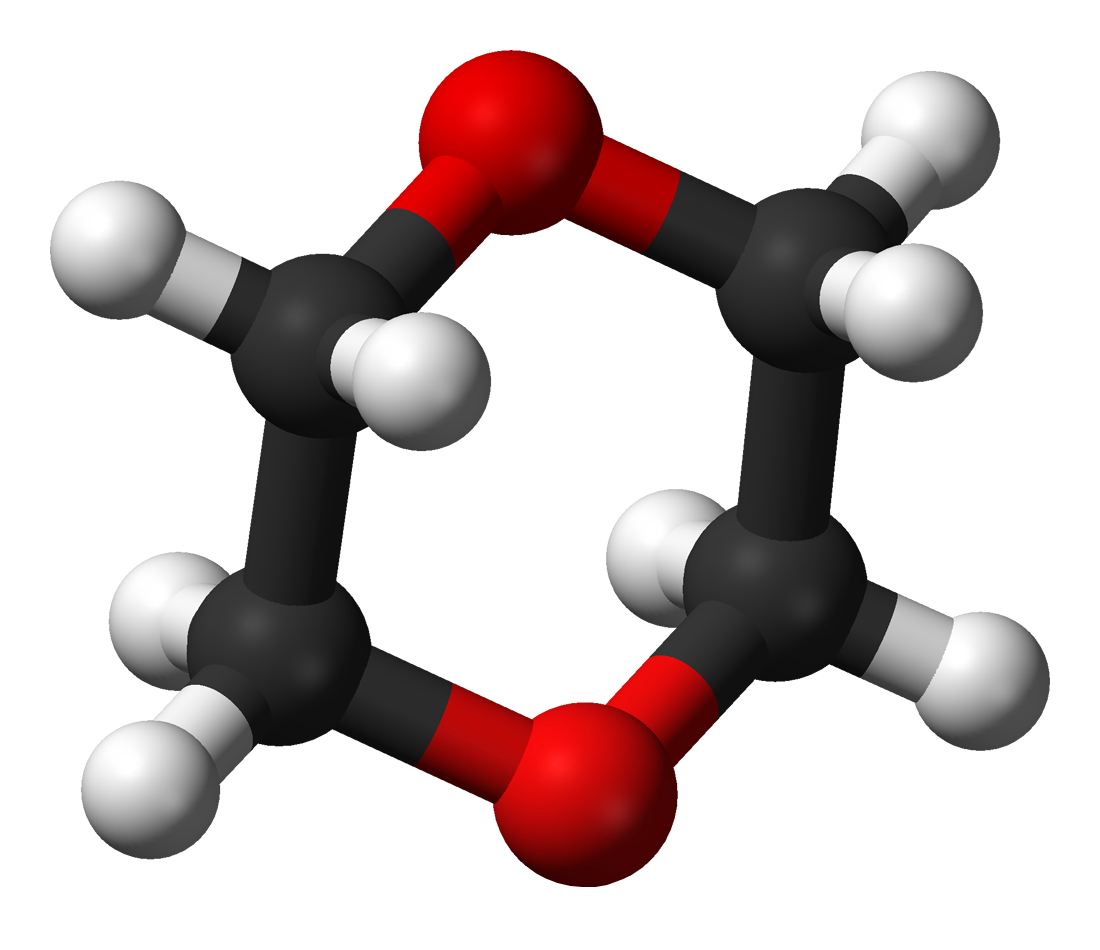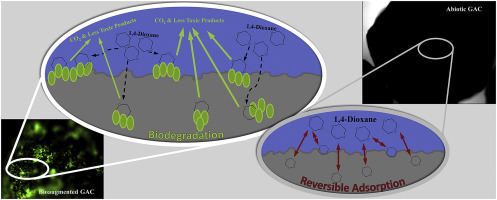So it’s coming out that this nice Long Island i live on has some water quality issues, not a huge deal because our taxes and living expenses are so low, NOT! It’s in other parts of country but we seem to have higher than national levels of dioxane 1,4. Also psoa? Seems the dioxane, I may be spelling these all wrong, is not really filterable by homeowners. I read somewhere that reverse osmosis May take away 50%.
So anybody have one, looking quick seems like majority are point of use via a tap at the sink, I wouldn’t wanna pay to wash the cars or water the lawn with filtered water anyway. Opens question about watering the veggie garden. Thoughts?
So anybody have one, looking quick seems like majority are point of use via a tap at the sink, I wouldn’t wanna pay to wash the cars or water the lawn with filtered water anyway. Opens question about watering the veggie garden. Thoughts?


![[Hearth.com] Whole house water filters [Hearth.com] Whole house water filters](/talk/proxy.php?image=https%3A%2F%2Flive.staticflickr.com%2F4689%2F27387407839_a7190f5fdb_c.jpg&hash=8ef3d49acd766f87be0e7988f08dbc88)






 "
"